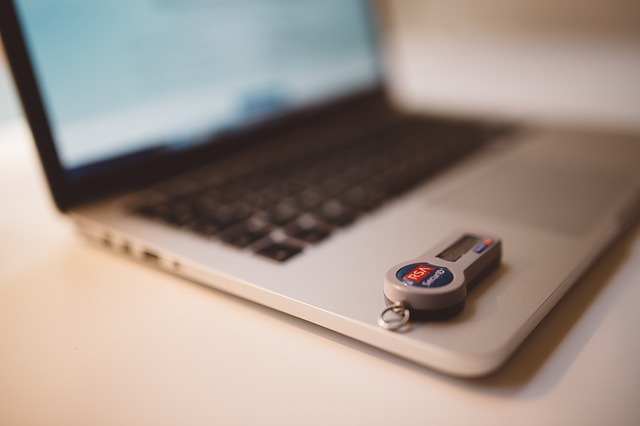People are more vulnerable to identity theft, credit card hacks, and other unscrupulous schemes during the holiday season. Recent years’ data breaches have shoppers feeling especially anxious, but there are ways to protect yourself from breaches, identity theft, and similar holiday disasters.
Maintain Anti-Virus Software
Computers make it easier than ever for hackers to steal your identity and other pertinent information. They often do it through viruses like worms, hoaxes, and Trojan horses. To avoid them, keep anti-virus and anti-malware software up to date. Run regular scans once a month or once every two weeks. Do not click on a link or attachment that looks odd, even if it appears to come from someone you know. Keep financial information off websites, and decline if a financial site requests a password.
Keep Passwords Updated
Some computer systems suggest updating passwords after several months. If yours does, change passwords as often as you can. If not, make sure your passwords are strong. Most programs now require a mix of uppercase and lowercase letters, numbers, and symbols. Avoid using “common knowledge” passwords like birthdays and addresses. Try not to write your passwords down. If you must write them down, keep the document with you at all times.
Monitor Bank Accounts
Most identity thieves are savvy enough not to make huge purchases on your cards. They usually start with small ones, such as buying a few songs on iTunes or a discounted Kindle book through Amazon. By the time you realize what’s happening, it may be too late. Keep in touch with your bank and report anything you don’t remember purchasing yourself. If your identity is hacked or stolen, call the bank and have all activity and cards frozen.






Leave a Comment
You must be logged in to post a comment.